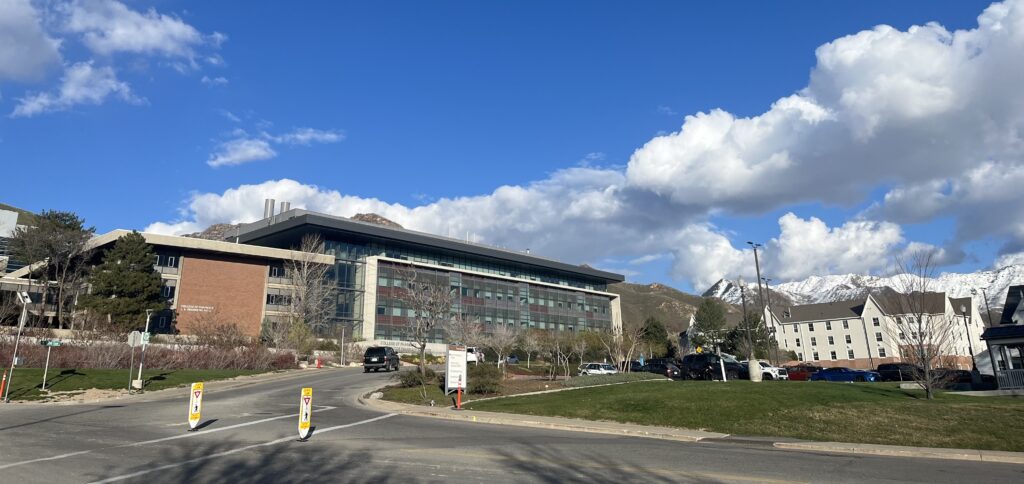
Welcome to the Wang Lab!
Eukaryotic RNAs undergo a complex process of modification, which is indispensable for the normal function of cells. These RNA modifications encompass a wide array of chemical alterations, including methylation (e.g., N6-methyladenosine, m7G, m1A, Nm), deamination (e.g., I), acetylation (e.g., ac4C), and isomerization (e.g., Pseudouridine). Leveraging their unique chemical attributes, these modifications have the potential to regulate RNA properties such as stability, transcription, and translation, which exerts a profound influence on various cellular processes, including immune responses, phase separation, and embryonic cell division. Aberrations in modification distribution or extent have been associated with cellular malfunctions and human diseases.
The Wang lab endeavors to understand the mechanisms underlying the regulatory installation and functions of specific modifications, such as pseudouridine and inosine. To unravel these mysteries, we are dedicated to pioneering novel assays and studying the modifications in specific biological contexts, such as during the innate immune response and neuronal development. We aim to achieve a deeper understanding of RNA modifications, and with these insights we aspire to propel the development of RNA therapeutics and the identification of novel drug targets to treat human diseases. Trainees in the Wang Lab will be exposed to various interdisciplinary techniques, including biochemistry, chemical biology, cell biology, protein engineering, and bioinformatics.

Contact Us
Email: yuru.wang@pharm.utah.edu
Tel: 801-646-8066
Address: Rm 1962, L.S. Skaggs Building, University of Utah
Department of Medicinal Chemistry
College of Pharmacy
30 2000 E
L.S. Skaggs Research Building
University of Utah
